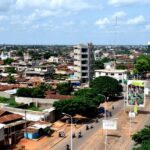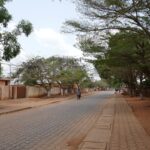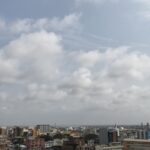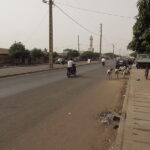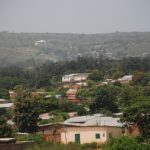Parakou
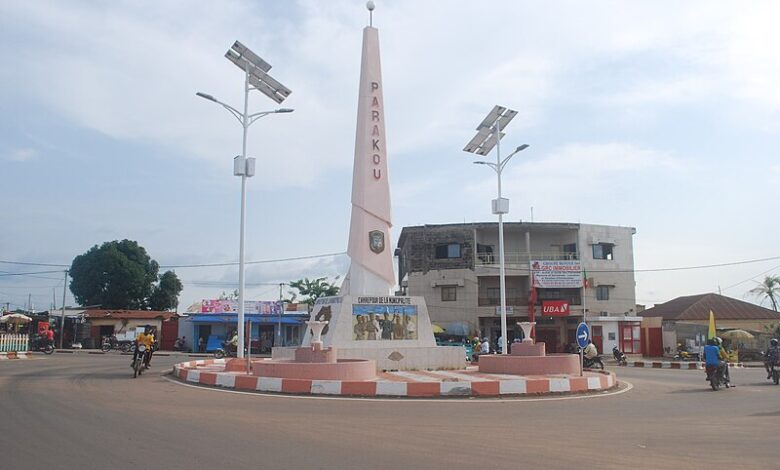
Parakou is a town situated in central Benin, Western Africa. It serves as the endpoint for the Benin-Niger Railway, initially designed to reach the Niger River. The railway travels northward from Cotonou, which is Benin’s primary port and commercial hub on the Gulf of Guinea, to Parakou. From Parakou, goods need to be transported by road to reach the navigable Niger River, providing access to the landlocked country of Niger.
Map
More about this town
| ID |
|---|
| 9807 |
| Name |
| Parakou |
| State ID |
| 3078 |
| State Code |
| BO |
| State Name |
| Borgou Department |
| Country ID |
| 24 |
| Country Code |
| BJ |
| Country Name |
| Benin |
| Latitude |
| 9.33716000 |
| Longitude |
| 2.63031000 |
| WikiData ID |
| Q2337446 |
